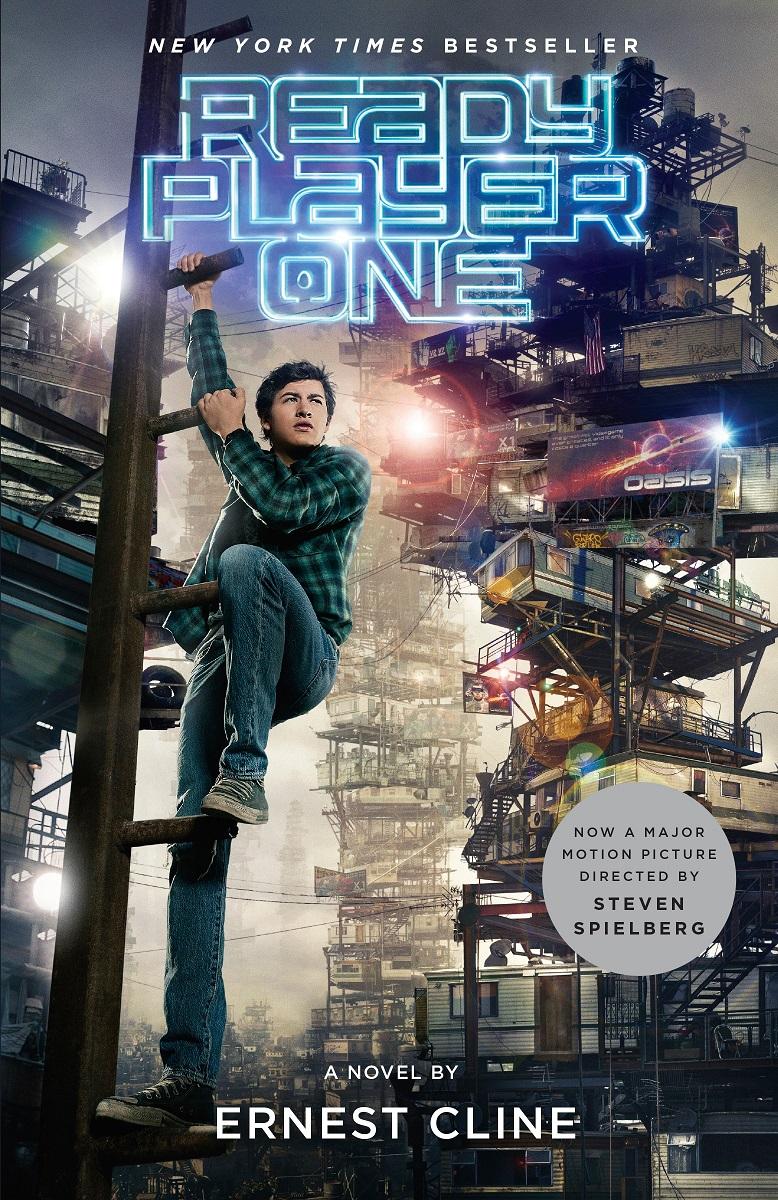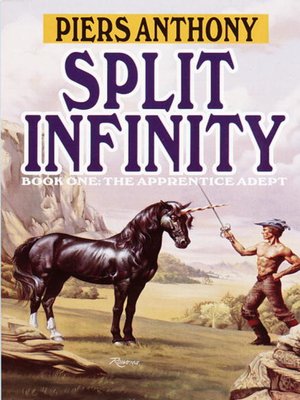This is a broader question than just RPGs but the same arguments apply. It’s important for RPG designers, for consistency and to avoid immersion-breaking, but it’s probably not important to players.
After making some notes to try to answer this question for myself, I googled it, and I also asked for suggestions on Twitter.
It’s the kind of situation where most people will agree in most cases whether something is fantasy or science fiction, but there’s an awful lot of room to disagree or to bring in additional terms like “science fantasy”.
One googled source said, "Science fiction deals with scenarios and technology that are possible or may be possible based on science". That's an obvious differentiation, yet it doesn't actually work well. As Arthur C. Clarke said, "any sufficiently advanced technology is indistinguishable from magic." For example, most people would call Michael Moorcock's Jerry Cornelius (The End of Time) stories fantasies, yet they are supposed to be using highly advanced scientific tools.
A lot of the "obvious" differences are semantic, that is, it just depends on what you call something. Are psionics scientific or are they magic? Is a wizard a scientist or a spellcaster? Is a light saber science or magic? Science is usually associated with mass production, magic with individuals and individual use, and nobody but Jedi and a few bad guys use light sabers. Another source: "Many would argue that Anne McCaffrey’s Pern series is science fiction despite the existence of dragons while others say the Star Wars films are clearly fantasy despite the space setting."
In the end, saying it's a difference between science and non-science, or between technology and magic, can fall afoul of semantics all too often.
Do we have to say that science fiction uses technology that we can extrapolate from today? No super advanced stuff? But then what about faster than light travel? Current science says it's not possible: does that mean any science fiction with faster than light travel is a fantasy?
A different way to pose science and magic is to say natural versus supernatural. Some people do not accept the supernatural as an explanation for anything, which leaves no room for gods or prophecies. But when we get to advanced technology versus magic, Clarke's dictum applies. Sufficiently-advanced aliens may look entirely supernatural, even godlike.
We can't really talk about the presence of magic versus scientific technology because it's often impossible to tell which is which.
Saying "Low-tech" is not enough to identify fantasy. There are fantasies where magic is used to achieve a higher level of "technology," in terms of devices to help humans flourish, than we have today. It's a matter of how the magic is used, not the fact that it's magic rather than science.
We could look at the culture of the world-setting to try to differentiate fantasy from science fiction. In SF, almost always there are lots of individual inventions that people use in everyday life, without even thinking about it. Telephones, automobiles, toilets, electric stoves, computers, washing machines, and so on. There will be analogs of those inventions in SF stories and games, usually posed as technology. But you can create a world that you call fantasy, that uses magic to provide all of those functions but calls it magic rather than technology.
Comics style superheroes are shown in something much like the real world (implying science fiction), but I'd call them fantasy, not SF. The Dresden Files (and other urban fantasies) are clearly fantasy, though sited in the real world.
It looks like science vs non-science is not sufficient, though natural vs supernatural is sometimes useful. Let's try other approaches next time.
This article was contributed by Lewis Pulsipher (lewpuls) as part of EN World's Columnist (ENWC) program. You can follow Lew on his web site and his Udemy course landing page. We are always on the lookout for freelance columnists! If you have a pitch, please contact us!
After making some notes to try to answer this question for myself, I googled it, and I also asked for suggestions on Twitter.
It’s the kind of situation where most people will agree in most cases whether something is fantasy or science fiction, but there’s an awful lot of room to disagree or to bring in additional terms like “science fantasy”.
One googled source said, "Science fiction deals with scenarios and technology that are possible or may be possible based on science". That's an obvious differentiation, yet it doesn't actually work well. As Arthur C. Clarke said, "any sufficiently advanced technology is indistinguishable from magic." For example, most people would call Michael Moorcock's Jerry Cornelius (The End of Time) stories fantasies, yet they are supposed to be using highly advanced scientific tools.
“Science fiction is any idea that occurs in the head and doesn't exist yet, but soon will, and will change everything for everybody, and nothing will ever be the same again.” Ray Bradbury
Perhaps the difference is that science can be explained and follows laws, and magic does not. Yet we have examples of magic systems that are well explained (on the surface at least), for example, the metals system in Brandon Sanderson's Mistborn novels.A lot of the "obvious" differences are semantic, that is, it just depends on what you call something. Are psionics scientific or are they magic? Is a wizard a scientist or a spellcaster? Is a light saber science or magic? Science is usually associated with mass production, magic with individuals and individual use, and nobody but Jedi and a few bad guys use light sabers. Another source: "Many would argue that Anne McCaffrey’s Pern series is science fiction despite the existence of dragons while others say the Star Wars films are clearly fantasy despite the space setting."
In the end, saying it's a difference between science and non-science, or between technology and magic, can fall afoul of semantics all too often.
Do we have to say that science fiction uses technology that we can extrapolate from today? No super advanced stuff? But then what about faster than light travel? Current science says it's not possible: does that mean any science fiction with faster than light travel is a fantasy?
A different way to pose science and magic is to say natural versus supernatural. Some people do not accept the supernatural as an explanation for anything, which leaves no room for gods or prophecies. But when we get to advanced technology versus magic, Clarke's dictum applies. Sufficiently-advanced aliens may look entirely supernatural, even godlike.
We can't really talk about the presence of magic versus scientific technology because it's often impossible to tell which is which.
Saying "Low-tech" is not enough to identify fantasy. There are fantasies where magic is used to achieve a higher level of "technology," in terms of devices to help humans flourish, than we have today. It's a matter of how the magic is used, not the fact that it's magic rather than science.
We could look at the culture of the world-setting to try to differentiate fantasy from science fiction. In SF, almost always there are lots of individual inventions that people use in everyday life, without even thinking about it. Telephones, automobiles, toilets, electric stoves, computers, washing machines, and so on. There will be analogs of those inventions in SF stories and games, usually posed as technology. But you can create a world that you call fantasy, that uses magic to provide all of those functions but calls it magic rather than technology.
Comics style superheroes are shown in something much like the real world (implying science fiction), but I'd call them fantasy, not SF. The Dresden Files (and other urban fantasies) are clearly fantasy, though sited in the real world.
It looks like science vs non-science is not sufficient, though natural vs supernatural is sometimes useful. Let's try other approaches next time.
This article was contributed by Lewis Pulsipher (lewpuls) as part of EN World's Columnist (ENWC) program. You can follow Lew on his web site and his Udemy course landing page. We are always on the lookout for freelance columnists! If you have a pitch, please contact us!














